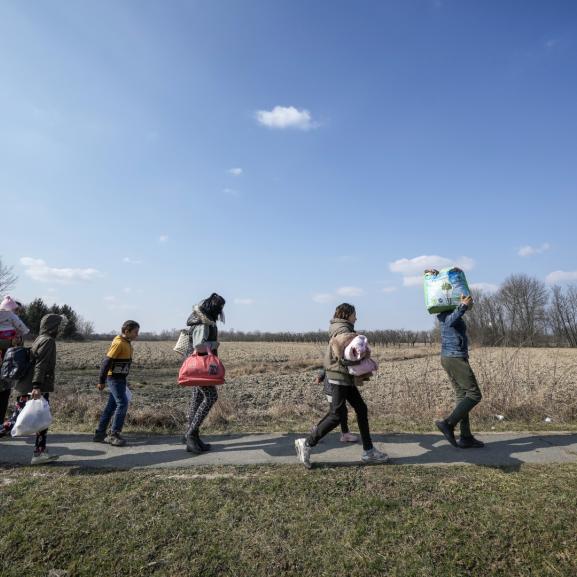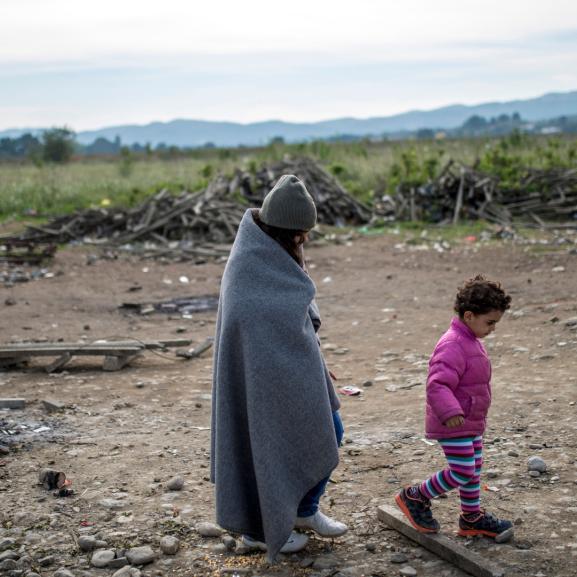Survivors Speak OUT network submit evidence of their experience to Parliamentary detention inquiry
The All Party Groups on Refugee and Migration are conducting a Parliamentary inquiry into immigration detention.
Members of Survivors Speak OUT, a network of former clients of Freedom from Torture, are among those who have submitted evidence of their experience of being detained.
Here is an excerpt of their evidence. See their full submission to the inquiry below this article.
"None of us were told what was happening when we were being detained. We were not given any information about where we were being taken, why or what would happen next. As we had all experienced detention leading to torture in our countries of origin, to be detained in this way was especially traumatic.
They lied to me; they told me they were taking me to a better place than the hostel I was at. They told me I would be given a phone card, lunch, underwear, toothbrush, three meals and that things would be better. They then asked if that was ok with me and asked me to sign the paper. So I did, because I didn't speak English and signed it."
In three of our individual experiences, we were told by detention officers that we were "being taken somewhere for our own safety". Two survivors reported detention officers using this same wording in 2005 and a third in 2011 which may indicate a common practice of using deception in this way.
The experience of torture severely impacts the ability to trust other people and this new betrayal, by those in a position of authority who are supposed to protect you, not only triggers past memories but creates fresh trauma and distrust.
"The first immigration officer you meet destroys your hopes and dreams which demoralises you and traumatises you. Then you are placed in detention without explanation which traumatises you even more. They make you feel like a criminal. This kills your confidence and you fear what you are saying. You hold things back because you are afraid that they will use it against you. It is really hard for you to understand what to expect. The immigration officials you come into contact with make you feel really insecure and this makes it difficult to trust them. If they explain things to you, you would trust them more and have more confidence in explaining things to them."







